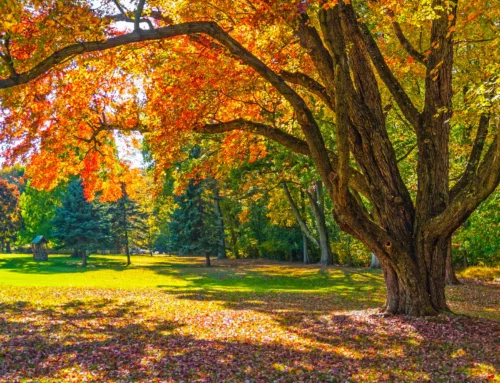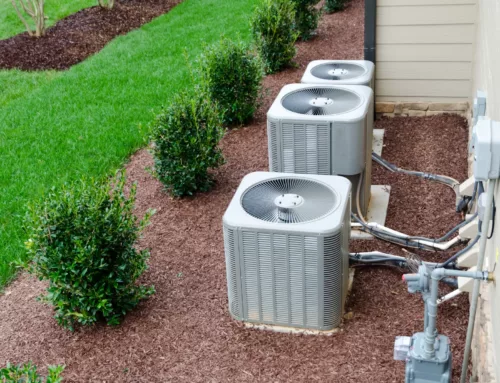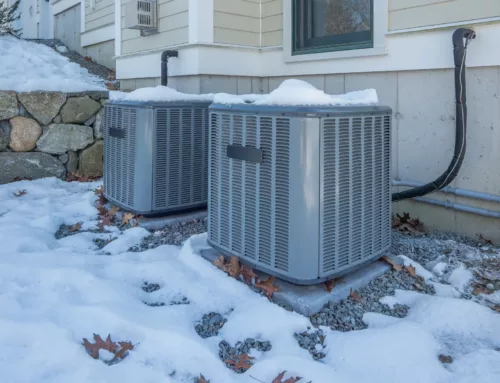Not sure which air filter is best for your HVAC system? Reliance Heating and Air is here to answer your questions and share our recommendations.
How are air filters rated?
Every air filter is given a MERV rating, which stands for minimum efficiency reporting value. A filter’s MERV represents how well it can remove particles from the air. MERVs range from 1 to 20. The higher the number, the more particles are removed.
What are the different types of air filters?
- Disposable fiberglass filters – These inexpensive filters typically have a MERV rating of 1 to 4, and do more to protect your HVAC system than clean your air. If you’re using disposal filters, be sure to change them frequently or they’ll be even less effective, and may cause your HVAC system to work hard, raising your electric bills.
- Reusable filters – Most reusable filters also have a MERV rating of 1 to 4. Instead of being replaced, they can be cleaned and reused. Although they won’t greatly improve your air quality, they will save you money over time and send less waste to the landfill. Be sure to follow all cleaning instructions and let the filter dry completely before reinstalling, or mold and mildew could grow.
- Pleated filters – Pleated filters are made of folded cotton or polyester fabric. These folds increase the surface area of the filter and are great at catching dust, debris, and other air contaminants. The more folds, the higher the MERV rating. Pleated filters range between 5 and 13, and some reusable options are available. Although they cost more than fiberglass filters, they last about three times longer.
- Electrostatic filters – Electrostatic filters are like dust magnets. They are great at filtering smaller particles, but sometimes struggle with larger ones, like mold spores. So they can be great for someone with allergies, but not necessarily someone with other respiratory problems. Their MERV rating can range from 4 to 10, and they come in disposable or reusable options. Some HVAC systems may not be compatible with electrostatic filters.
- HEPA filters – HEPA stands for high-efficiency particulate air. These are the highest rated filters available, and can have a MERV rating all the way up to 20, removing 99.7% of contaminants. They are the most expensive filters available, but if you are looking for the best in air quality, HEPA is the way to go. HEPA filters do require a lot of pressure to force air through them. Unless your HVAC system was designed for them, you probably need some modifications – but Reliance Heating and Air can take care of that for you.
Is a higher MERV necessarily better?
This is a little tricky. While filters with the highest MERV rating do remove the most contaminants, most buildings don’t need that level of air quality unless you’re in a lab or medical setting. Typically, the higher the MERV, the more pressure is needed to push air through the filter, which can strain older HVAC systems that were not designed for many of the more robust filters currently on the market. But if air quality is important to you, adjustments can be made to most systems to accommodate them.
What air filters are best if I have pets?
The most important thing to remember when you have pets is to replace your air filter often – or clean it if you’re using a reusable kind. That cat or dog hair that’s covering your couch is also probably coating your air filter, making your HVAC system work overtime.
We recommend that pet owners choose filters with a MERV rating of at least 8 to 13. HEPA filters do a great job trapping pet dander if your system is able to accommodate them.
What air filters are best if I have allergies?
Like with all our residential Pennsylvania customers, we recommend HEPA filters with MERV 13 to 16 for those who suffer from allergies to remove pollen, dander, and other contaminants from the air. Improving indoor air quality is one of the best things you can do to control your allergy symptoms, but remember that once irritants settle on your floor or furniture, you’ll need to vacuum and dust frequently to remove them.
What air filters are best if I have allergies?
This depends on the type of filter you are using.
- Disposable fiberglass filters should be changed every month.
- Pleated filters generally last three months. However, if you have pets, consider changing them every two months because of the excess hair/dander. Same with young children—change every two months to make sure they have good air quality for their developing lungs. If someone in your home suffers from allergies, change your pleated filter every 50 days.
- HEPA filters typically last six months, but some may last a whole year.
No matter what your situation, it’s a good idea to check your filter every month. If it’s completely covered with dirt, change it early. Dirty filters are less effective at removing contaminants and keeping your air clean. But they also put extra strain on your HVAC system, which will lead to higher energy bills and may cause your system to wear out sooner. No matter which filters you use, it’s much cheaper to change (or clean) them regularly than to replace your air conditioner!
What air filters does Reliance Heating & Air recommend?
For our residential customers, we recommend HEPA filters with a MERV 13 or 16 rating. HEPA filters do the best job removing any airborne particles that are at least 0.3 microns, like dust, dander, mold, and pollen. Filters rated MERV 13 or 16 do a great job balancing air quality with affordability.
Choosing and maintaining the right air filter for your HVAC system is a simple task that can go a long way to protecting your system and air quality for years to come. Contact us to learn more!
Contact Reliance today for all your heating and air conditioning needs!







